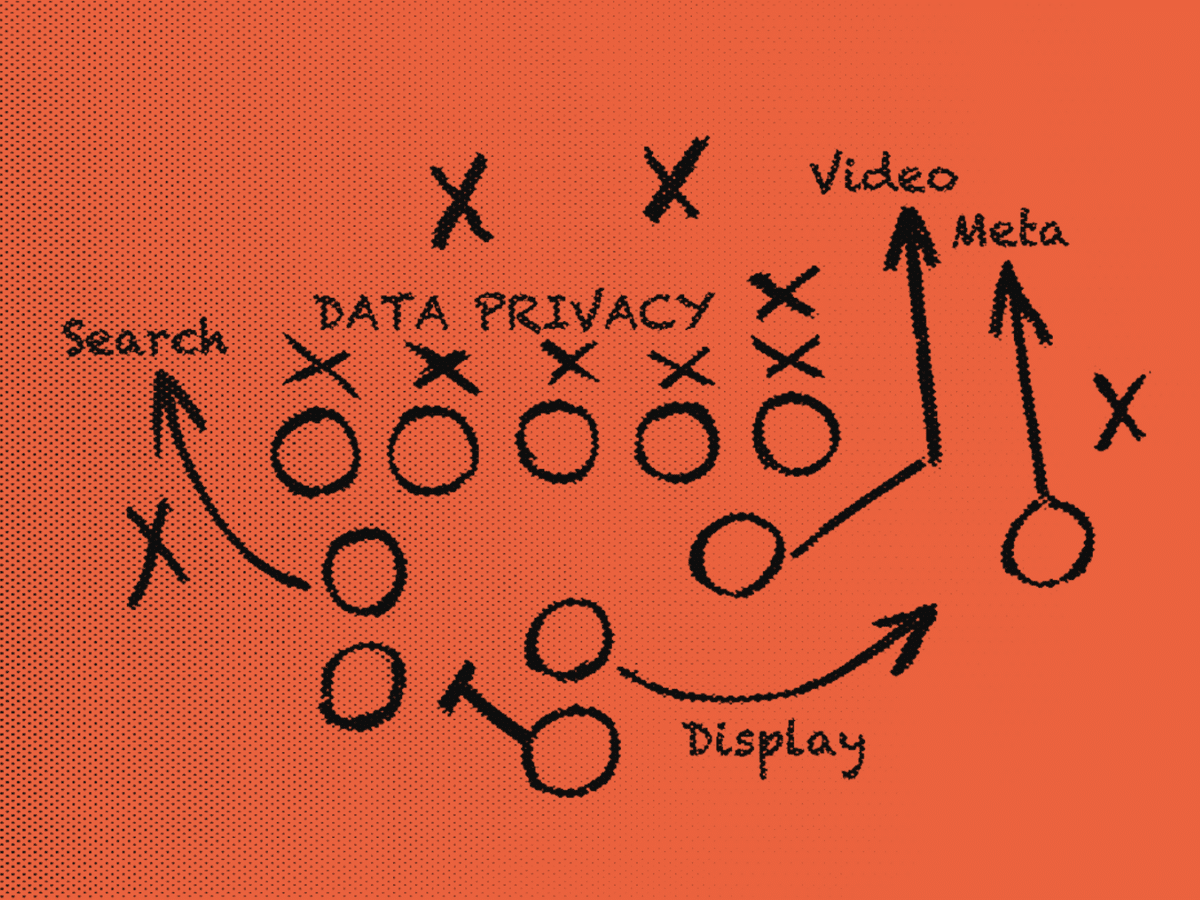
Life as a small business owner, consultant, or independent contractor can be a hair-raising experience. Many are skating on thin financial ice when they start out, with a very little margin for error. You never know what circumstances may arise that’ll force you to find new sources of fresh capital on short notice. It’s important to make every penny count, prioritize every day, and budget carefully so you know where your money’s going.
It can be a dicey proposition for the most diligent of entrepreneurs because you have to fight for market share and use the money to grow. Yet, money is so often in short supply and there never seems to be enough when things get tight. It’s not surprising that 30 percent of new businesses fail within the first year and 50 percent go under within their first five years, according to the Small Business Association. Consider the following tips if you’re trying to plan smart and establish processes that can help you save money. Using financial tech tools for entrepreneurs, freelance artists, and small business can help with tax season.
Details are in the document
Clearly delineating transactions that take place between you and your clients is important. It establishes a detailed paper trail and maintains transparency in all your dealings. This is where purchase orders can be a tremendous asset for all concerned. Purchase orders clarify details about your transaction including quantity, date, and delivery. It also acts as a contract protecting you and your customer, ensuring both parties get what they’re entitled to out of the deal.
Maintain good records
One of the best ways to keep track of your finances and one that’s too often overlooked is keeping close tabs on all receipts. They document how you spent your money during the year and are necessary as proof of tax-deductible goods and services – your accountants will certainly want to see them as tax season approaches. Scan each receipt you get (or scan all of them at the end of each week) and store them electronically so you have a dependable record. This prevents you from having issues in case you lose or damage some of those crumpled little pieces of paper. Or, consider using an app like 1TapReceipts (one of the most reliable, financial tech tools for entrepreneurs), which not only stores, but also organizes all receipts in one location, but syncs up to most tax-filing software programs.
Don’t-miss deductions
If you’re a small business owner, chances are your personal assets, such as your car and home, often come into play as you work to grow your business. Bear in mind that you can deduct expenses related to your personal vehicle, as well as your home office. Determine what percentage of the time your car is used for work purposes and apply that percentage to your total car expenses. If you use your home as a resource to operate your business, you may deduct expenses related to your home-based operations, which could include things like mortgage interest, home insurance, utility costs, and more. Don’t overlook these deductions: They can really add up and save you considerably at the end of the fiscal year.
Tax relief eligibility
If you’re trying to make a go of a new business, it’s possible you may run into difficulty. That could result in failing to pay your income late. Some businesses may be eligible for relief from IRS-assessed late-payment penalties. The IRS often recognizes circumstances that prevented you from paying on time, which may qualify you for penalty relief. The money you could save is well worth the effort it takes to find out whether you qualify. A special note for individuals: you’re required to pay self-employment taxes. This comes as a hard-financial shock to many during their first non-payroll tax season. Make sure to schedule your quarterly tax payments to avoid an inflated bill at the end of the year.
Being your own boss is a hard job. Whether you have employees and an office or work solo from the comfort of your couch, there are various hardships. You’re responsible for so much and, ultimately, whether your business succeeds or fails will depend on you. You can make things easier on yourself by tracking all financial transactions throughout the year. Don’t swing and miss on any deductions you’re eligible for, as they can save you a bundle when tax season rolls around.
Regardless of the situation, it’s important to reconsider the resources and financial tech tools for entrepreneurs usage. You will want to be aware to consider the above factors so that you come out successfully from tax season.
Guest blog by Jim Mckinley.






